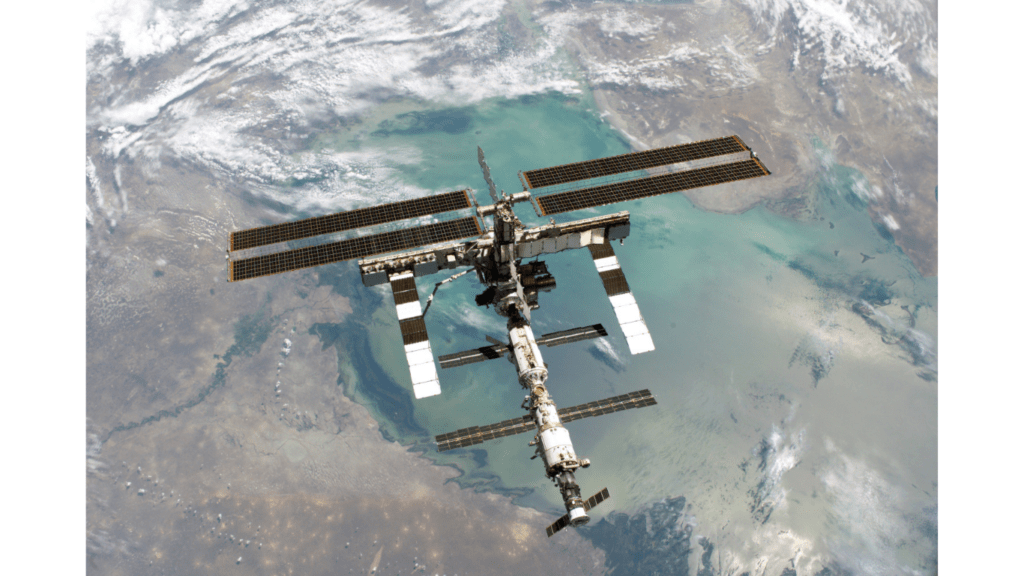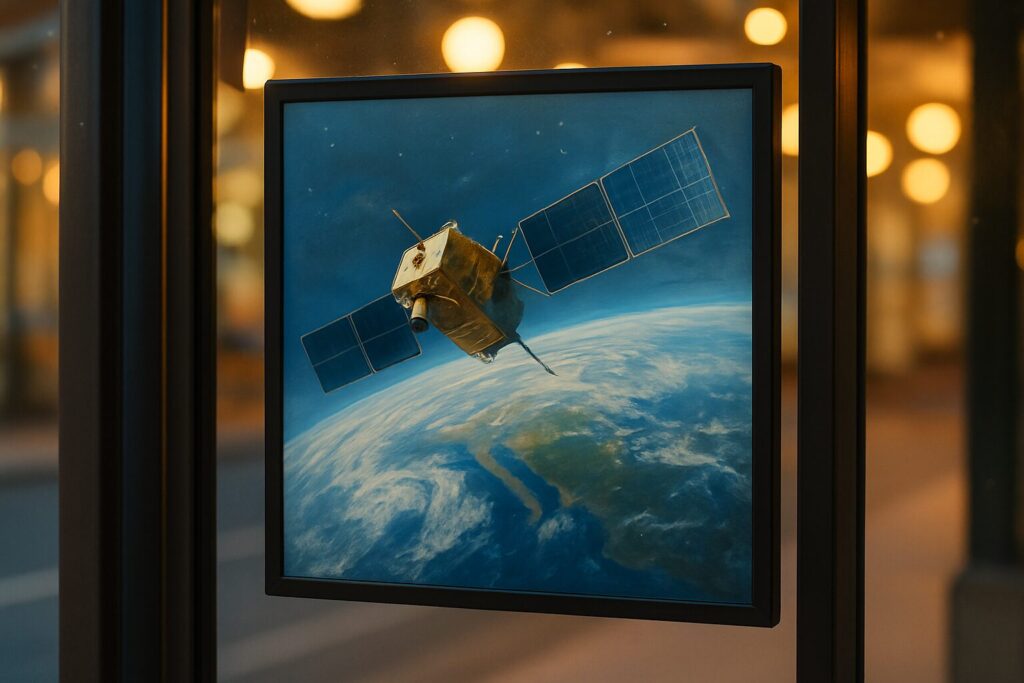The Drive for Space Exploration
The Human Quest for Knowledge
- Exploring space represents humanity’s unyielding thirst for knowledge. It’s about venturing into the unknown, driven by an insatiable curiosity to comprehend the intricacies of the universe that surrounds us. As I delve into the captivating realm of space exploration, I am enthralled by the dedication of scientists and explorers who embark on daring missions to unlock the mysteries of distant celestial bodies. The journey to unravel the enigmas of the cosmos is a testament to our relentless pursuit of understanding and enlightenment.
Technological Advances Fueling Exploration
- Technological innovation plays a pivotal role in propelling the frontiers of space exploration. It’s remarkable to witness how advancements in science and engineering have revolutionized our ability to explore the vast expanses of outer space. From state-of-the-art spacecraft to cutting-edge telescopes, these technological marvels enable us to delve deeper into the cosmos with unprecedented precision and clarity. As I immerse myself in the evolution of space exploration technology, I am awestruck by the incredible feats that human ingenuity has achieved in our quest to unravel the cosmic mysteries that lie beyond.
Milestones in Space Exploration
The Space Race Era
- Exploring the Space Race era, I’m transported to a time of intense competition between the United States and the Soviet Union. During this significant period, both superpowers vied for supremacy in space exploration, marked by iconic moments like the launch of Sputnik 1, the first artificial satellite, and Yuri Gagarin’s historic spaceflight as the first human in space. These milestones not only demonstrated technological advancements but also underscored the political and ideological tensions of the Cold War era.
The International Space Station and Beyond
- Reflecting on the remarkable feat of international cooperation in space exploration, the International Space Station (ISS) stands as a symbol of unity among nations. As I consider the construction and continuous habitation of the ISS, I am struck by the collaborative efforts of multiple countries in advancing scientific research and fostering peaceful coexistence beyond the confines of Earth. The ISS represents a pioneering achievement in human space exploration, serving as a platform for conducting experiments, testing technologies, and preparing for future deep-space missions.
Rover Missions on Mars
- Turning my gaze towards the Red Planet, Mars, I marvel at the ingenuity and sophistication of rover missions that have expanded our understanding of this neighboring world. With missions like NASA’s Curiosity and Perseverance rovers, I witness the exploration of Martian terrain, the search for signs of past life, and the groundwork for potential human missions to Mars. These rover missions epitomize human curiosity and resilience, pushing the boundaries of space exploration to uncover the mysteries of Mars and pave the way for future endeavors in our quest to unravel the secrets of the universe.
Unraveling Mysteries of the Universe
The Big Bang Theory and the Expanding Universe
- Exploring the Big Bang Theory, I delve into the concept of the universe originating from a singular point and expanding over billions of years. This theory suggests that the universe began as an infinitely small, hot, and dense point, expanding rapidly to give rise to the cosmos as we know it today. It’s a fundamental pillar in cosmology, explaining the origins of the universe, the distribution of galaxies, and the cosmic microwave background radiation.
The Search for Exoplanets and Alien Life
- Discussing the Search for Exoplanets and Alien Life, I highlight the efforts to discover planets outside our solar system and the potential for finding extraterrestrial life. Scientists search for exoplanets using various methods, such as the transit method and the radial velocity method, to identify planets that may harbor life. These discoveries offer insights into the diversity of planetary systems and the conditions necessary for life beyond Earth.
Dark Matter and Dark Energy
- Delving into Dark Matter and Dark Energy, I explore two enigmatic components that shape the universe’s dynamics. Dark matter, although invisible, exerts gravitational forces influencing the movement of galaxies and cosmic structures. On the other hand, dark energy accelerates the expansion of the universe, counteracting gravity’s pull. Despite their elusive nature, understanding these phenomena is crucial in unraveling the mysteries of the universe’s composition and evolution.
The Role of Private Companies in Space Exploration

1. SpaceX and the Revolutionization of Space Travel
I’ve witnessed SpaceX’s pivotal role in reshaping space exploration. Elon Musk’s vision has propelled SpaceX to the forefront of innovation. Its reusable rockets have significantly reduced the costs of space travel, making it more sustainable. SpaceX’s accomplishments, like the Falcon rockets and Dragon spacecraft, have revolutionized commercial space endeavors, fostering partnerships with NASA and launching satellites into orbit efficiently. This collaboration has paved the way for renewed interest in space exploration beyond governmental agencies.
2. Other Key Players in the New Space Race
Exploring the new frontier of space isn’t just limited to SpaceX. Several other private companies have emerged as major contenders in this era of space exploration. Companies like Blue Origin, founded by Jeff Bezos, focus on suborbital and orbital space tourism, aiming to make space travel accessible to private individuals. Additionally, Virgin Galactic, led by Richard Branson, is advancing space tourism with its innovative spacecraft. These companies are driving competition, pushing boundaries, and expanding opportunities in space exploration like never before.
The Benefits of Space Exploration to Society
Advancements in Science and Technology
- Exploring outer space not only fuels my curiosity but also serves as a catalyst for significant advancements in science and technology. Space exploration has led to groundbreaking innovations such as satellite technology, weather forecasting systems, and GPS navigation that we rely on daily. These technologies have revolutionized communication, transportation, and scientific research, making our lives more interconnected and efficient.
- By venturing into the cosmos, we’ve developed state-of-the-art spacecraft, robotics, and sensors that have applications beyond space missions. For example, the advancements in material science and engineering for building spacecraft have paved the way for creating lightweight yet durable materials used in various industries on Earth. The rigorous testing and miniaturization of components for space probes have contributed to the development of medical technologies like minimally invasive surgical tools and portable diagnostic devices.
- Space exploration continuously pushes the boundaries of human knowledge, prompting innovations in fields such as artificial intelligence, robotics, and renewable energy. These technological spin-offs not only enhance our quality of life but also drive economic growth by creating new industries and job opportunities. The quest to unravel the mysteries of the universe inspires me to be part of a transformative journey that benefits society as a whole.
International Collaboration and Peace
The exploration of space transcends national boundaries, fostering international collaboration and promoting peace among nations. Space agencies from different countries often partner on missions, sharing resources, expertise, and technology for mutual benefit. Collaborative efforts like the International Space Station (ISS) demonstrate how cooperation in space exploration can unite nations in pursuit of common goals.
Through joint space missions, countries build trust, respect, and understanding, setting aside geopolitical differences to work towards a shared vision of exploring the cosmos. Shared experiences in space exploration create a sense of unity and interconnectedness among nations, emphasizing our common humanity and the importance of peaceful coexistence.
By engaging in collaborative space ventures, nations not only advance scientific knowledge but also lay the foundation for peaceful interactions on Earth. The principles of cooperation and diplomacy in space exploration serve as a model for resolving conflicts and promoting harmony on our home planet. As I reflect on the impact of international collaboration in space exploration, I recognize its profound influence in fostering global solidarity and building a peaceful future for humanity.
Challenges Facing Space Exploration
Economic Costs and Funding
Starting with economic costs, space exploration involves substantial financial investments. The exploration of space requires cutting-edge technology, highly skilled personnel, and complex infrastructure, all of which incur significant costs. These costs encompass spacecraft development, mission operations, as well as research and development for new technologies. Securing adequate funding for space missions is crucial for the success and sustainability of space exploration endeavors.
When it comes to funding, governmental space agencies like NASA rely heavily on taxpayer money to finance their missions. These agencies face budget constraints and competing priorities within governmental budgets, making it challenging to secure the necessary funds for ambitious space exploration projects. Private space companies, on the other hand, seek investment from private stakeholders, aiming to balance the risks and returns associated with space ventures.
Space Debris and Environmental Concerns
Addressing the issue of space debris poses a significant challenge to space exploration. Space debris includes defunct satellites, spent rocket stages, and other remnants of past missions orbiting Earth. The accumulation of space debris poses risks to operational spacecraft and astronauts aboard the International Space Station. Mitigating the impact of space debris requires international cooperation and innovative solutions to track, monitor, and potentially remove debris from Earth’s orbit.
Environmental concerns also play a role in space exploration, particularly in terms of rocket launches and their impact on the environment. Rocket launches release carbon dioxide, soot, and other pollutants into the atmosphere, contributing to air pollution and potentially affecting the environment. Developing more environmentally friendly propulsion systems and launch technologies can help mitigate the environmental impact of space exploration activities.
The Future of Space Exploration
Prospects of Human Mars Colonization
Transitioning from robotic explorers to human pioneers on Mars marks a significant leap in space exploration. Establishing a sustainable human presence on the Red Planet opens up possibilities for scientific breakthroughs, resource utilization, and potential colonization. My excitement surges as I envision the first Martian habitats, research stations, and the adventure of humans becoming a multi-planetary species. Companies like SpaceX’s Mars colonization ambitions align with this futuristic vision, emphasizing the imminent reality of mankind’s expansion beyond Earth.
The Next Generation of Telescopes and Probes
Advancements in space technology continue to push the boundaries of exploration with the development of cutting-edge telescopes and probes. The upcoming era promises revolutionary tools such as the James Webb Space Telescope and the Europa Clipper mission, poised to unveil new insights into the universe’s mysteries. These innovative instruments fuel my anticipation for discoveries ranging from exoplanets capable of sustaining life to unlocking the secrets of celestial bodies within our solar system. As I anticipate the data streams and images from these next-generation devices, the prospect of unveiling the universe’s hidden wonders fills me with awe.




